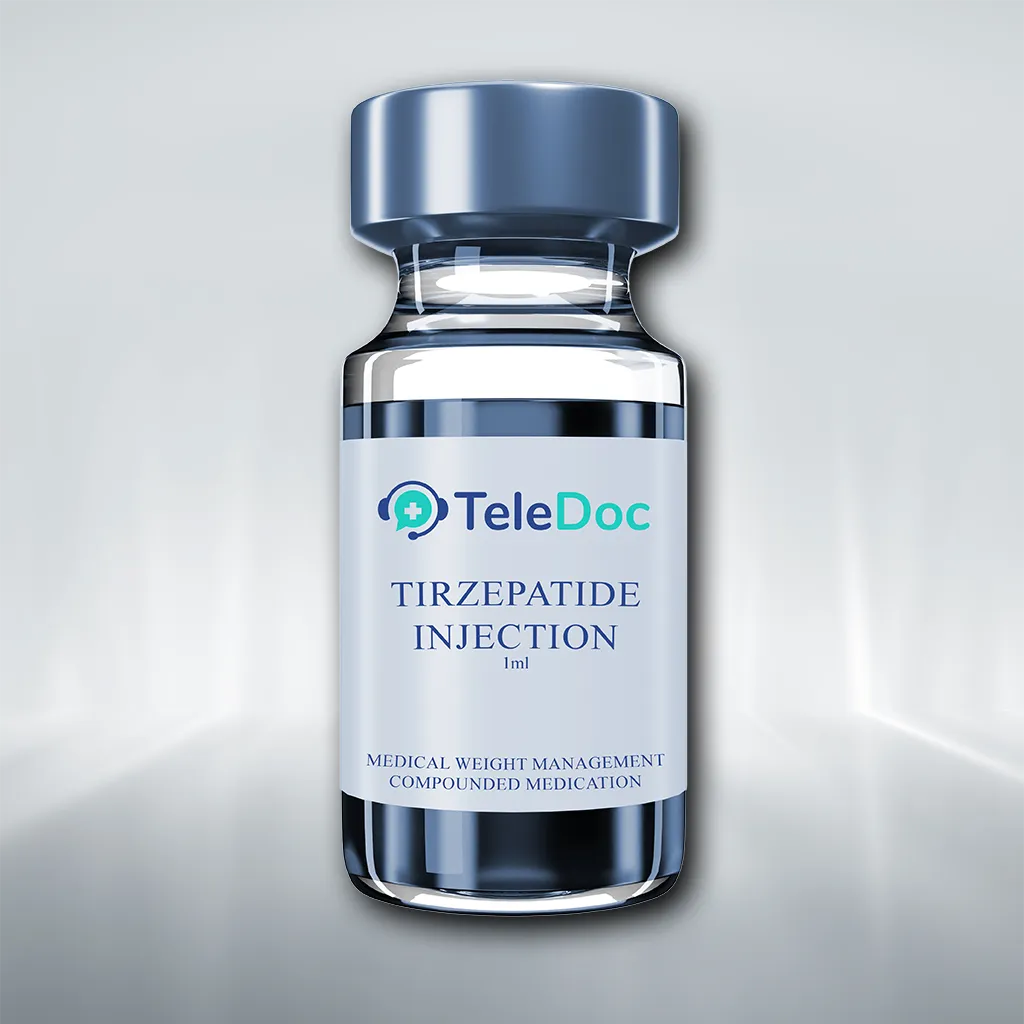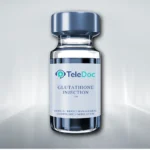Lose upto 40lbs in 12 Weeks Without Dieting
Doctor-prescribed Semaglutide & Tirzepatide Program & FREE metabolism boosting B6 shots
CHOOSE YOUR PROGRAM
SEMAGLUTIDE PROGRAM
$99/month
⭐⭐⭐⭐⭐
- Most Popular Program
- Includes provider consultation, medications, and suppllies
- No hidden fees or monthly charges

No Hidden Fees | 0% Financing
TIRZPATIDE PROGRAM
$199/month
⭐⭐⭐⭐⭐
- Most Effective Program
- Includes provider consultation, medications, and suppllies
- No hidden fees or monthly charges

No Hidden Fees | 0% Financing
ENERGY
BOOSTERS
30% DISCOUNT
⭐⭐⭐⭐⭐
- Bioboost (B12) & Sermorelin
- Includes provider consultation, medications, and suppllies
- No hidden fees or monthly charges

No Hidden Fees | 0% Financing
SKIN &
ANTI-AGING
30% DISCOUNT
⭐⭐⭐⭐⭐
- Glutathione & NAD+
- Includes provider consultation, medications, and suppllies
- No hidden fees or monthly charges

No Hidden Fees | 0% Financing
OUR PATIENTS LOVE US
Begin your journey in 3 easy steps!

Step 1
Online Consultation

Step 2
Receive Medication

Step 3
Lose Weight
BEST SELLERS
- All
- Uncategorised
- Energy Boosters
- Flash Sale - Best Sellers
- Skin & Anti-Aging
- Supplements
- Weight Loss
- Wellness Essentials
- Back
- Semaglutide
- Tirzepatide



BEGIN YOUR WEIGHT LOSS
JOURNEY TODAY!
Reduce Hunger
GLP-1s help curb food craving by suppressing appetite
Stabilize Blood Sugar
GLP-1s improve insulin sensitivity and fat metabolism
Slow Stomach Emptying
GLP-1s slow digestion to make you feel full longer after meals
SAME MEDICATIONS, BETTER PRICE
Wegovy
Brand NameTeleDoc Semaglutide
CompoundedMounjarao
Brand NameHow do Weight Loss Medications Work?
Weight loss medications work by leveraging your body’s natural processes to reduce appetite, increase satiety, and optimize fat metabolism. These medications mimic the natural incretin hormones that signal the brain to control hunger and fullness. Our GLP-1 programs combines the effects of both GLP-1 and GIP hormones, offer a powerful approach to weight loss. In medically prescribed doses, these treatments effectively suppress appetite and enhance insulin secretion— two essential components for achieving rapid and sustainable weight loss.
200K+
Happy Clients
50K+
Orders Delivered
80+
Areas Served

Frequently Asked Questions
Typically, initial weight loss is around 5% of body weight, which can increase to up to 15% over a 12-week period. Healthy weight loss is generally 1-2 pounds per week, as rapid loss is not advisable from a medical standpoint.
For the best results, GLP-1 medications should be combined with a healthy lifestyle, including diet and exercise. It’s important to consult with a healthcare provider for personalized expectations and guidance tailored to your unique journey.
1) Complete a medical intake and, if necessary, undergo lab work to confirm your treatment needs.
2) Connect with your new healthcare provider through a convenient telehealth (audio-visual) appointment.
3) Upon medical approval, receive your medication via mail every 30, 60, or 90 days from our trusted mail-order pharmacy provider.
Our goal is to help you build a lasting relationship with your provider, ensuring consistent and personalized care tailored to your needs. TeleDoc is committed to helping patients achieve long-term weight management and care. With proven results, our service delivers personalized prescriptions right to your doorstep, ensuring rapid weight loss and increased energy levels.
In light of the high costs of healthcare in the U.S., we’ve designed our programs to be as affordable as possible. Many of our patients save hundreds of dollars each month with TeleDoc, thanks to our commitment to offering competitive prices for top-quality medications. All pricing information is clear and transparent, with no hidden charges or unexpected costs—what you see is what you pay.
1. Pregnant and Breastfeeding Women
The safety of GLP-1 receptor agonists during pregnancy and breastfeeding is not well-established. Women who are pregnant or breastfeeding should avoid these medications unless specifically advised by their healthcare provider.
2. Individuals with a History of Medullary Thyroid Carcinoma (MTC) or Multiple Endocrine Neoplasia Syndrome Type 2 (MEN2)
Some GLP-1 receptor agonists have been linked to an increased risk of thyroid C-cell tumors in animal studies. People with a personal or family history of medullary thyroid carcinoma (MTC) or multiple endocrine neoplasia syndrome type 2 (MEN2) should generally avoid these medications.
3. People with Severe Gastrointestinal Disorders
GLP-1 receptor agonists can cause gastrointestinal side effects, including nausea, vomiting, and diarrhea. Those with severe gastrointestinal disorders may be more susceptible to these side effects and should use these medications with caution.
4. Individuals with Type 1 Diabetes
GLP-1 receptor agonists are primarily designed for individuals with type 2 diabetes or for weight management. They are not suitable for people with type 1 diabetes, as their mechanism of action targets insulin production and glucose regulation related to type 2 diabetes.
5. Patients with a History of Pancreatitis
Patients with a history of pancreatitis should use GLP-1 receptor agonists cautiously, as these medications can potentially increase the risk of developing pancreatitis.
6. Individuals with Renal Impairment
Certain GLP-1 receptor agonists may require dosage adjustments for individuals with moderate to severe renal impairment. It's essential to assess kidney function with your healthcare provider before using these medications.
7. Individuals with Severe Liver Impairment
People with severe liver impairment may require dose adjustments or should avoid GLP-1 receptor agonists, as these medications can affect liver function.
8. Those with Allergies or Sensitivities
Individuals with known allergies or sensitivities to GLP-1 receptor agonists or any of their components should not use these medications.
Consult with Your Healthcare Provider
It is essential to have an open discussion with your healthcare provider regarding your medical history, current health status, and any potential risks before starting GLP-1 prescription weight loss medications. Your healthcare provider will evaluate your situation to determine if these medications are a safe and effective choice for you.
Appeal to your insurance company to review and reconsider your claim.
Request that your employer assist with covering the cost of weight loss medications.
Explore alternative health insurance plans that may offer better coverage for weight loss treatments.








